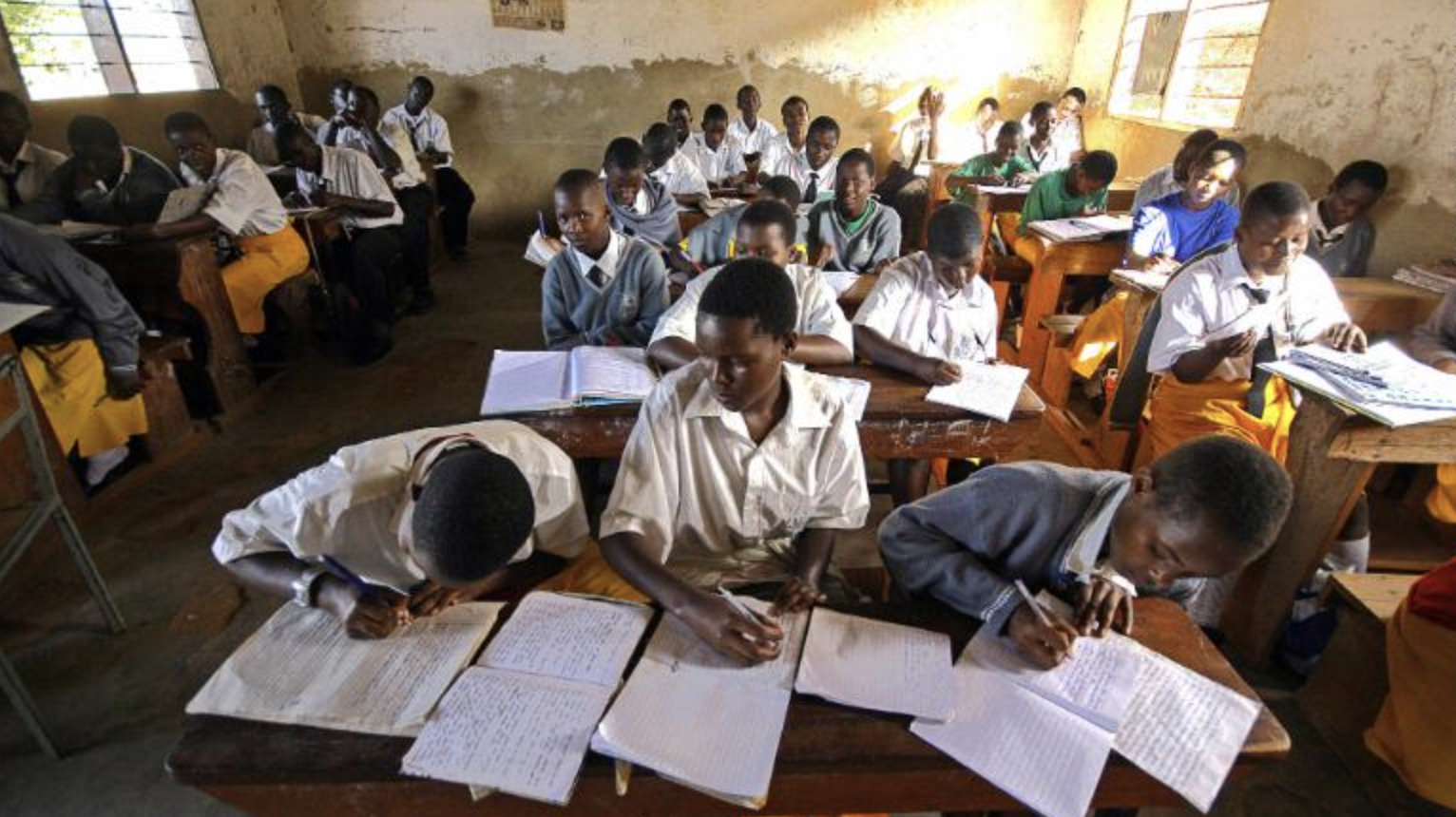Uganda Reopens Schools After Longest COVID-19 Shutdown
Uganda officially finally reopened its schools on Monday after the longest recorded educational shut down due to the global pandemic. Teachers and students are reporting that this long-term shutdown has had detrimental effects on the younger generation's schooling. According to many teachers in the Uganda educational system, “this long-term shutdown is stunting our children's academic growth and future opportunities.” Uganda is already in severe poverty, with the GDP per capita projection in 2022 is going to be $910 USD according to US econometric models. The main point that I’m trying to make is that families in severe poverty can only allow their kids to get an education for so long, before having to contribute to their families. If this process is delayed they may not be able to get their high school diploma.
Regardless of extensive efforts made by educators to utilize remote learning as an option for these children, over half of the kids were forced to stop their studies after the government decided to close classrooms indefinitely in March of 2020. Uganda’s citizens were extremely upset because they believe that potentially an entire generation's future has been disrupted as a result of these COVID procedures. Over one-third of the students were forced to take jobs in order to help support their struggling families during the pandemic. Thousands of schools across Uganda, which many of these students were expecting to return to at a later time started to suffer from extreme financial stress and had to close down permanently. To make matters even worse, teachers are refusing to return to work, thus causing an entire workforce to be their only source of income. All of these big events that took place caused Uganda’s economy to have a significant dip, sending the country into panic.
Many critics have said that Uganda’s government officials used the pandemic as an excuse to inflict extremely strict lockdown rules intended to suppress any dispute on the upcoming elections in Uganda; if these rumors are true, then this would have been extremely selfish because the people that suffered the most from these laws would’ve been the children and the impoverished families. The government came out and said that they simply feel more confident and in control. They also came out and said that the longer they are closed, the faster the Ugandan economy will reopen.
Even though vaccination rates throughout the entire population are very low as of now, most teachers have been vaccinated in the country, which was one of the primary reasons why schools have been able to reopen along with the economy. To follow the reopening of schools, Uganda’s government has come out publicly and said that in the next month, bars, concerts, and other public gathering spaces will reopen. This public statement in the reopening of COVID-19 hotspots is supposed to result in a 500% increase in COVID-19 cases.
To help the cause and try to keep these children in school, the U.K. and Ireland recently announced that they will offer financial support and focus on the physical/mental health of 40,000 schools in Uganda. This aid will hopefully be enough to keep Uganda’s schools open and help everyone stay safe from the virus.
By Avner Belsky

